CAPSTONE DESIGN PARTICIPANTS
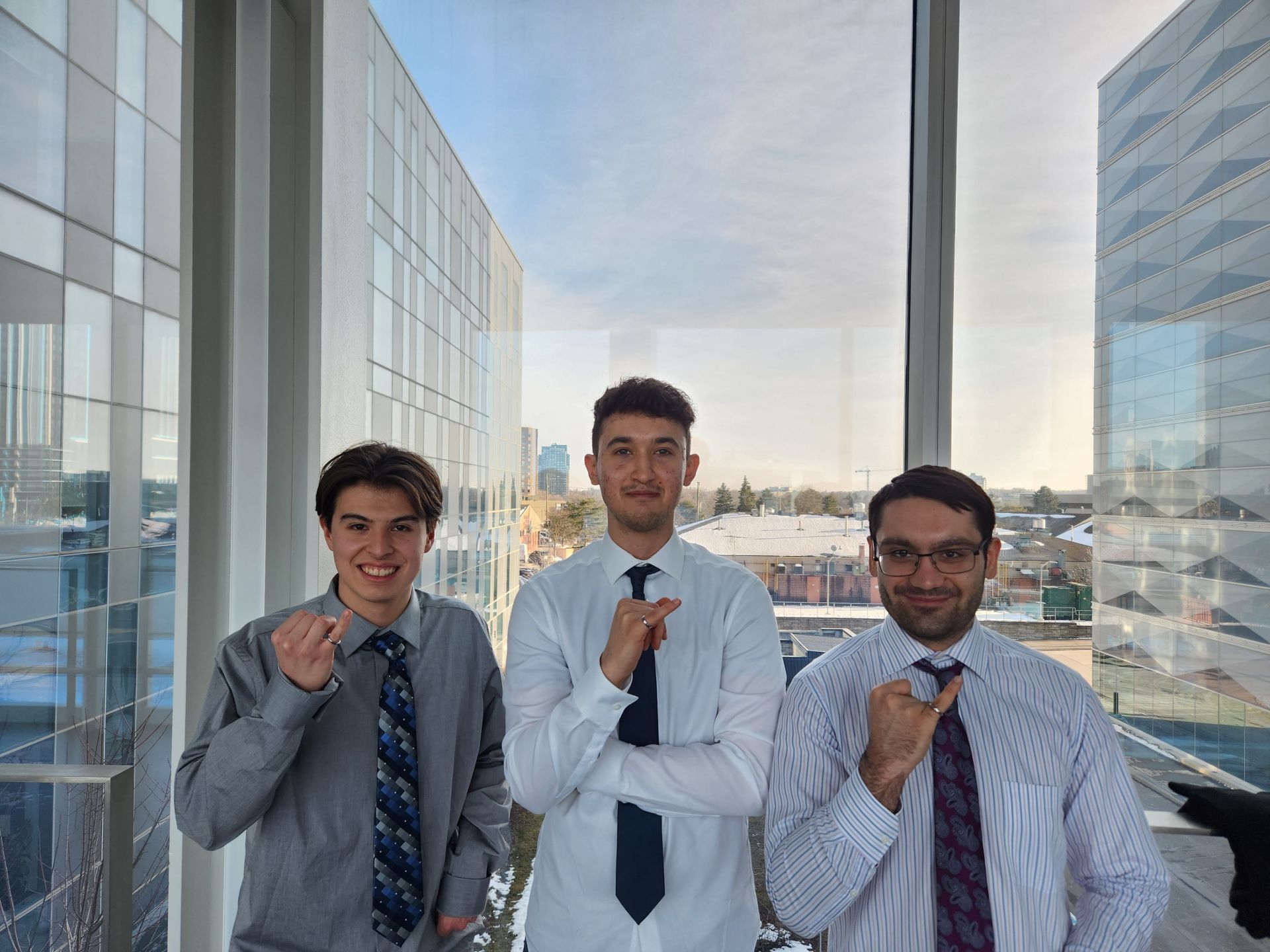
Ryan Hurd, Ali Al-Afifi, Joshua Melanson
Design of drinking water treat plant for Oneida Nation of the Thames reserve
1
This project aims to design a drinking water treatment plant for the Oneida Nation of the Thames in Ontario, owing to the long-term drinking water advisory placed on this community. The unit process sequence is based on numerous municipal drinking water treatment plants with the addition of a relatively novel process unit, a fluidized bed reactor. Appropriate engineering calculations will be done to size the respective unit operations in addition to a detailed cost (capital and O&M) analysis.
Faculty Advisor: Dr. Peter Huck

Alice Tong
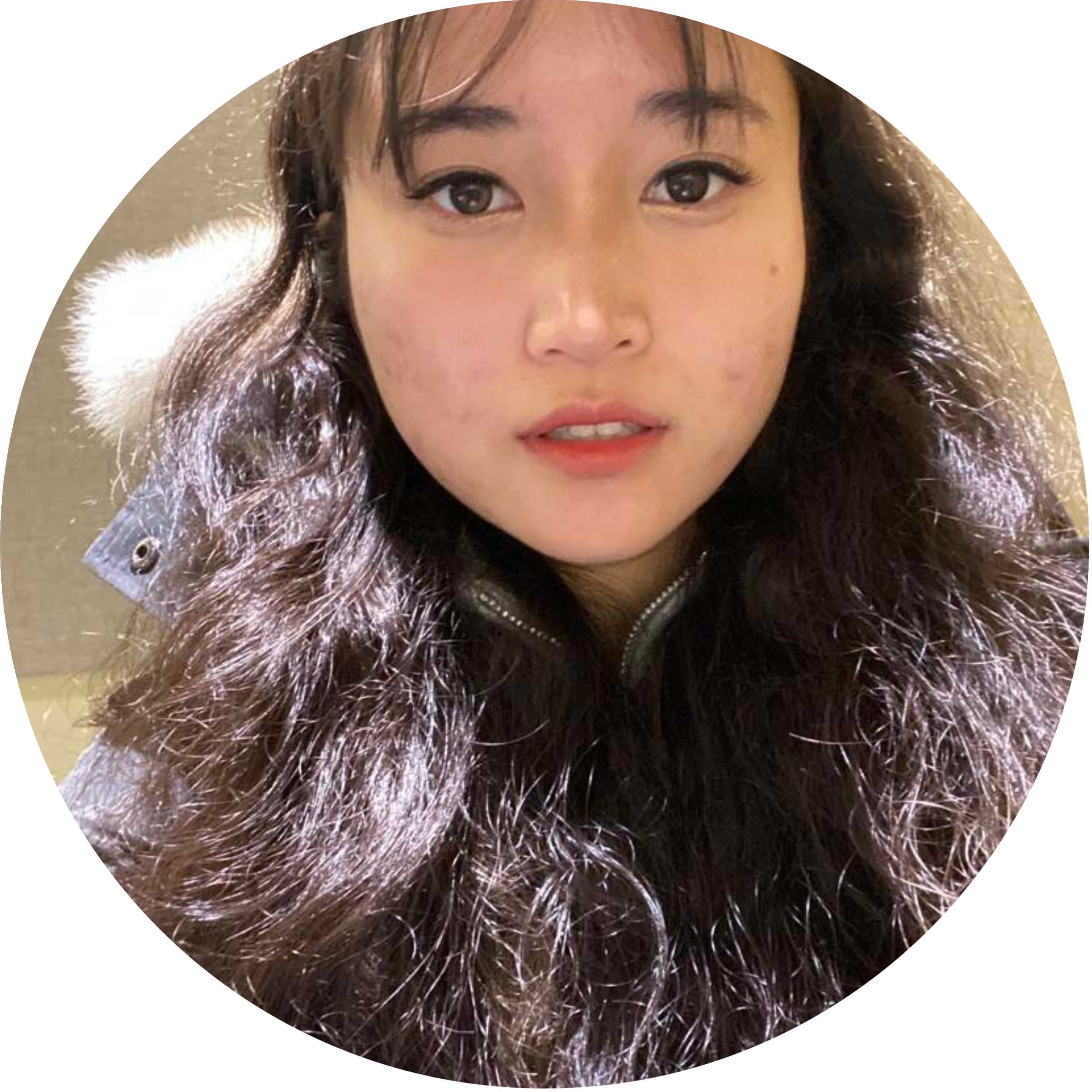
Jazmine Catly

Angeline Nguyen-Dang

Danielle Joy Vinzon
Siliboat: An Eco-Friendly Antifouling Boat Coating
2
Copper antifouling coatings for ships have been the target of proposed bans due to their biocidal nature. The goal of this project is to develop a non-biocidal antifouling coating for fiberglass boats. The prototype should, in addition to demonstrating antifouling capabilities, prove its functionality as a boat coating through anti-adhesion and flexibility tests.
Faculty Advisor: Dr. Leonardo Simon
Partner Organization/Industry or Government Mentor: Microbonds Inc.
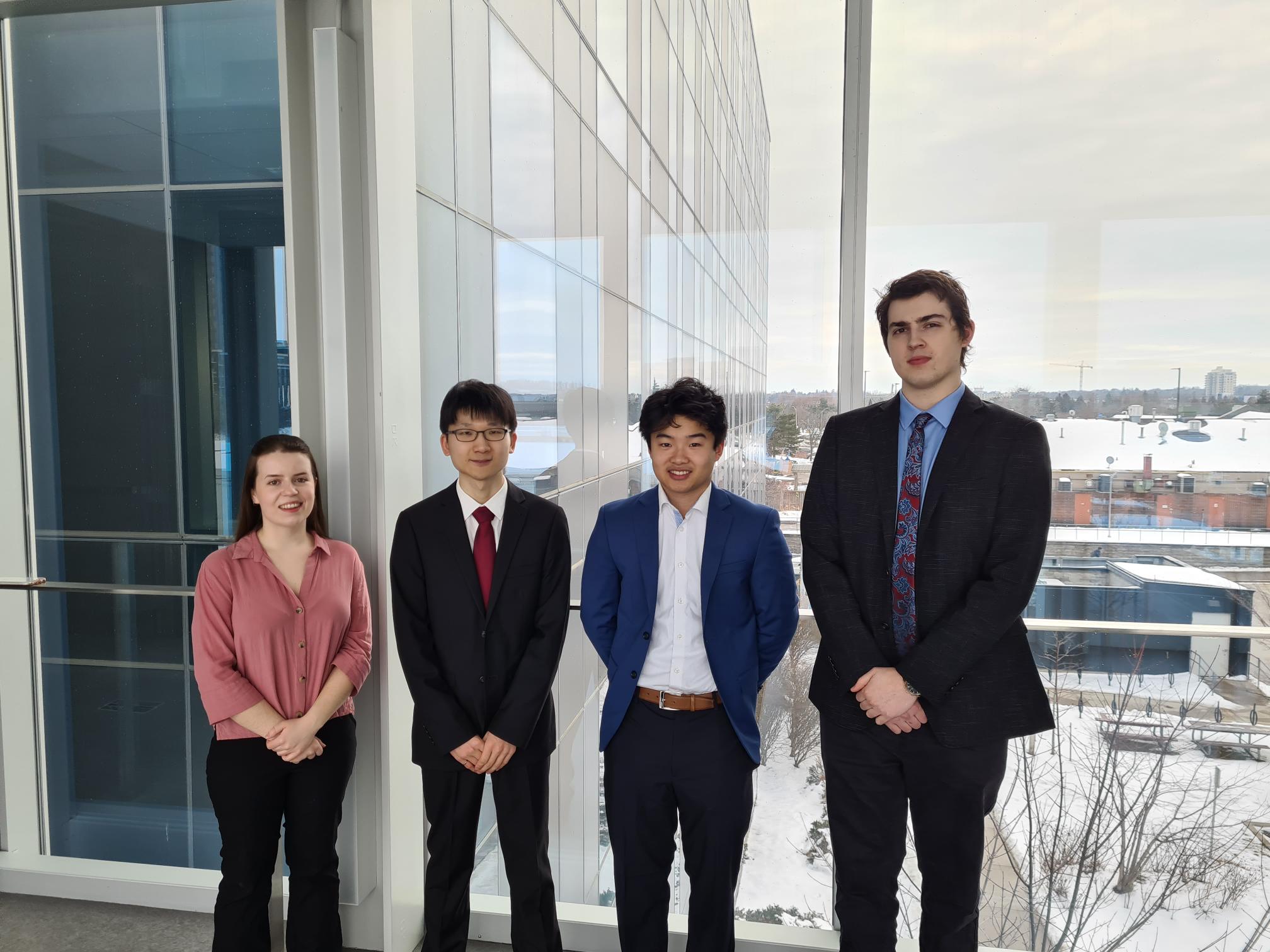
Antonius Ariawan, Danny Kang, Jakob Staines, Emily Adamson
Design and Implementation of Hydrogen Infrastructure in The City of Kitchener
3
Our team has partnered with the city of Kitchener to design a hydrogen production and storage system, with the goal of reducing greenhouse gas emissions. The hydrogen produced will be used towards powering the municipal heavy vehicle fleet and heating residential homes through hydrogen-enriched natural gas. This project involves the analysis of optimal electricity purchasing times, hydrogen storage options, production site selection, as well as the social, environmental, and economic impacts of the design.
Faculty Advisors: Dr. Michael Fowler, Dr. XiaoYu Wu
Partner Organization/Industry or Government Mentor: The City of Kitchener
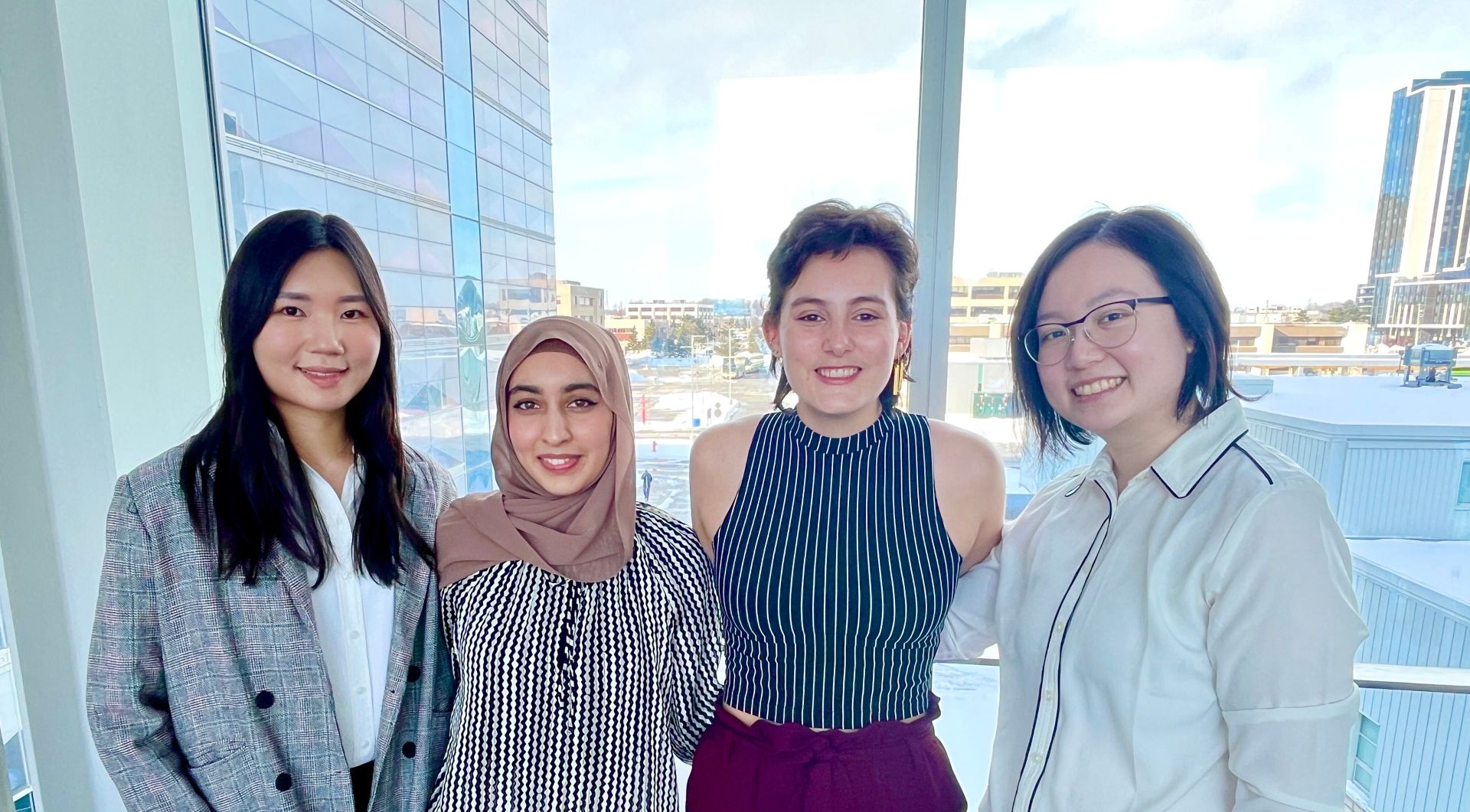
Sophia Kim, Farisa Hasan, Marianna Cuba Coltsmann, Jeanie Chan
Design of Hydrometallurgy Process to Recycle Lithium-ion Batteries with Repurposing of Fruit Peel Waste
4
Lithium-ion batteries are becoming a dominant technology in portable electronics and electric vehicles and require proper end-of-life disposal. While conventional recycling processes like hydrometallurgy exist, they release toxic by-products including Cl₂, SO₃, and NOₓ. The goal of this project is to simulate a section of the hydrometallurgy recycling process on an industrial scale with the use of orange peels to recover the precious metals present in the battery. This waste-to-resource approach strives for a more environmentally friendly recycling process while tackling food waste.
Faculty Adviosr: Dr. Michael Fowler
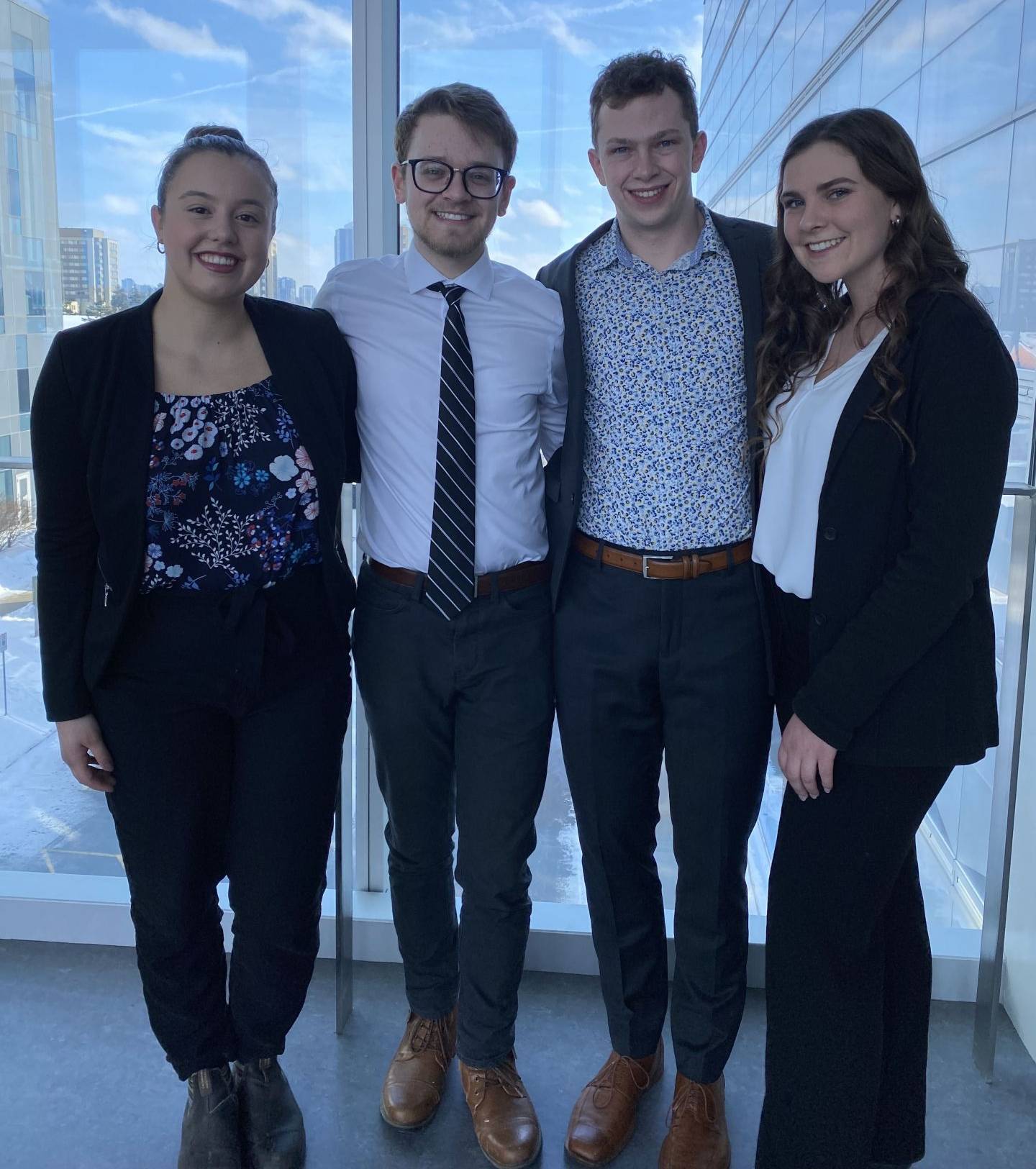
Guenevere O'Hara, Aleksi Luoma, Alexa Salvatore, Sawyer d'Entremont
Using Solvents to Reduce the Volume of Expanded Polystyrene and Promote Economic Recycling
5
Expanded polystyrene (EPS or Styrofoam) is commonly used for food, packaging, and insulation applications, however, it is rarely recycled. EPS generally contains 95% air, and this low density makes it too expensive to recover and reuse the polystyrene. Therefore, the goal of our project is to design an economical recycling process for expanded polystyrene. Our solution involves dissolving EPS in acetone to reduce the air content, and then recovering the recycled plastic product which can be repurposed for new applications.
Faculty Advisor: Dr. Alex Penlidis